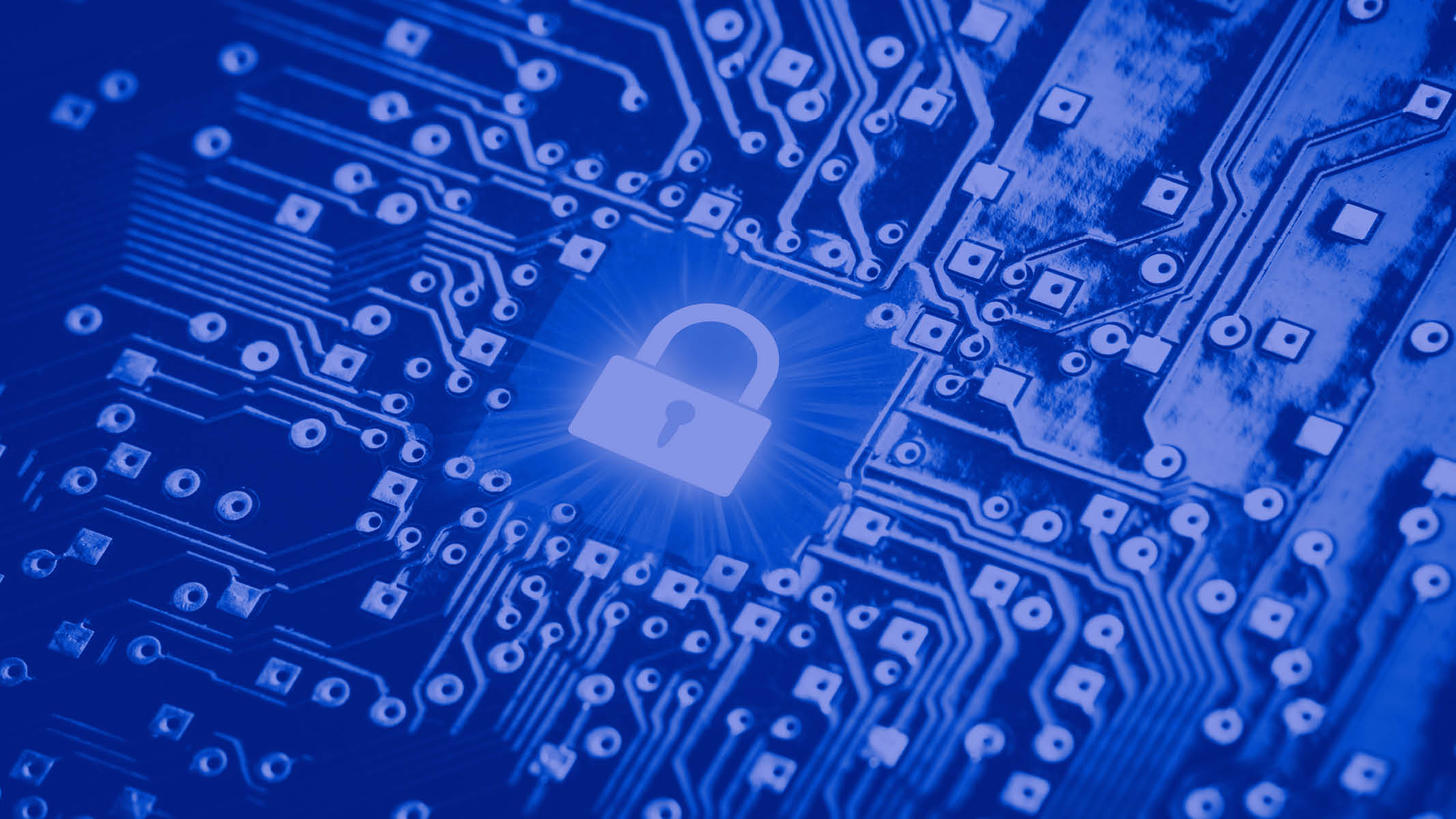Have you given data integrity a thought today? Imagine writing a report or making a decision on behalf of the federal government based on incorrect data. The fallout will be immense. Private companies use enterprise resource planning (ERP) software to share data from finance, human resources, production, and distribution units, from which reports are written and business decisions made. Think of the outcome if there is an error in the production of baby infant formula due to altered data.
A global survey, “The Impact of Technology in 2023 and Beyond: an IEEE Global Study”, highlights the cybersecurity concerns of technology leaders. They are cloud and data center vulnerability, as well as the mobile and hybrid workforce, including employees using their own devices. All of them are threats to data integrity.
What Is Data Integrity?
Data integrity should not be confused with data security which refers to the protection of data. Rumors indicate information was stolen from millions of Twitter users, though the company did not confirm or deny the reports. If indeed true, it is a serious data protection breach.
The National Institute of Standards and Technology (NIST), Computer Security Resource Center (CSRC) defines data integrity as “The property that data has not been altered in an unauthorized manner. Data integrity covers data in storage, during processing, and while in transit.” (CNSSI 4009-2015).
How To Maintain To Data Integrity And Confidentiality
There are steps every government agency and private business must take to preserve data integrity and confidentiality while minimizing risk.
- Validate the input, whether from a known or unknown source.
- Validate the data to certify the processes have not been corrupted.
- Clean up the data by removing duplicates and any sensitive information improperly shared.
- Perform data backups regularly; it is critical when organizations are hit with ransomware attacks.
- Be strict about access controls, including contact with the physical servers.
- Maintain an audit trail to track down the source of an integrity breach.
- Create a disaster recovery plan to ensure business continuity.
- Use appropriate systems and accredited service providers.
How Can ConSec Solutions Help You?
Our professionals are trained and certified in Federal IT security standards and are experts in the management and implementation of full life cycle solutions. We give our customers the ability to manage compliance and policy programs that ensure data integrity, confidentiality, and reliability.
We have various certifications, including with the CMMI Institute. Do you need to improve your data integrity systems? Contact us at ConSec Solutions today.

Leave a Reply